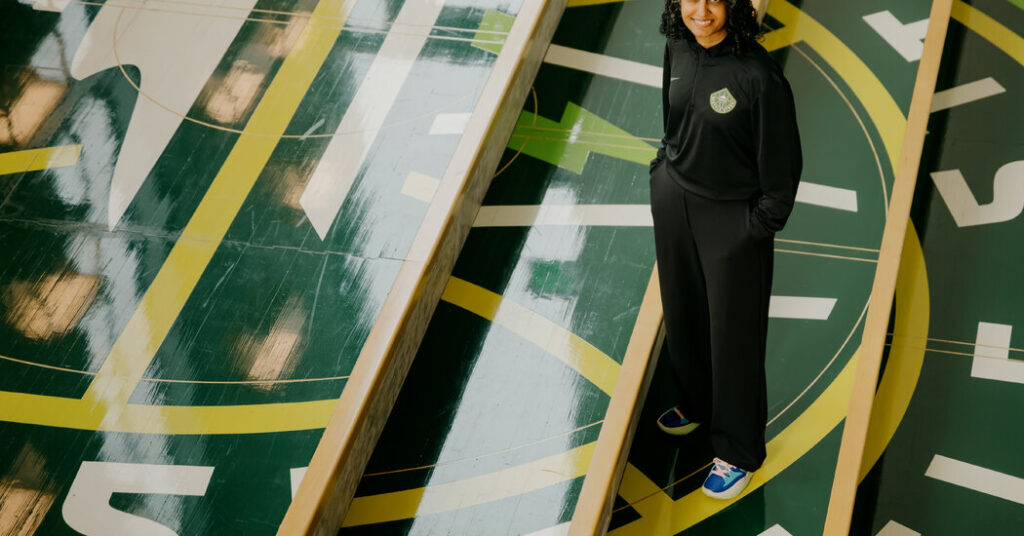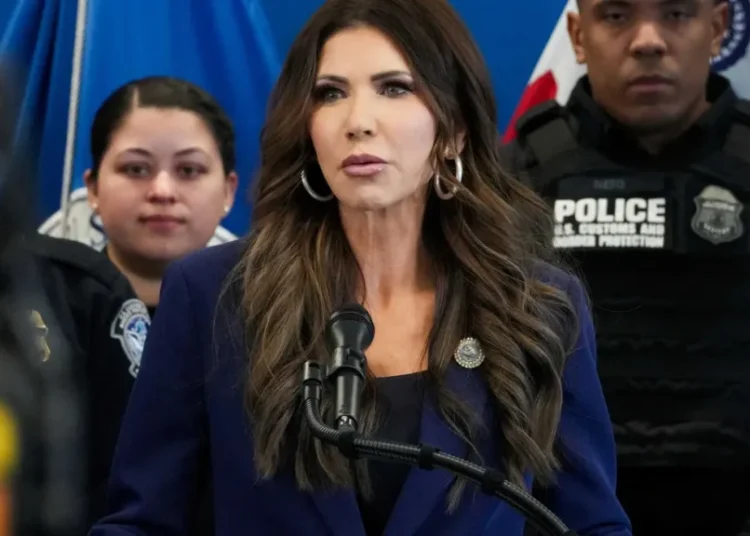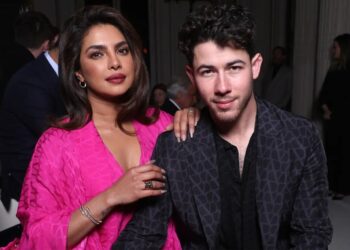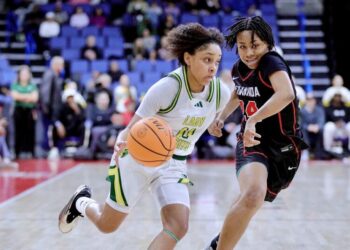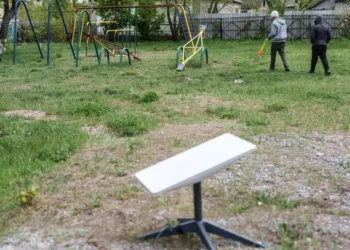This article is part of a Women and Leadership special report highlighting women who have forged new paths.
Sonia Raman fell in love with basketball in grade school. Her family moved to the Boston area in the 1980s, when Larry Bird led the Celtics to three N.B.A. championships, and she began playing on the hoop in her driveway.
She did not imagine then that it would lead to her appointment as the first head coach of Indian descent in the W.N.B.A. last month, when she was hired by the Seattle Storm. In fact, the possibility of taking on such a role only crossed her mind very recently, Ms. Raman, 51, said.
In the early 2000s, she was focused on building a career as a lawyer, but she realized that the scouting and coaching work she was doing for local college teams was the best part of her day. The opportunity to lead the women’s basketball team at M.I.T. changed her trajectory. After 12 seasons, the Memphis Grizzlies hired her as an assistant coach in 2020 — making her the first Indian American woman to coach in the N.B.A. Only then, she said, did the possibility of leading a W.N.B.A team come into view.
Ms. Raman spoke in a video interview this month about charting her own path to the helm of the Storm, one of the league’s most successful franchises. The following conversation has been edited and condensed.
Was a coaching career always a goal?
Not at all. After I finished up my playing career at Tufts, I stayed on as an assistant coach. I did that more because I loved the game and I wasn’t ready to hang it up as a player. It certainly wasn’t the beginnings of what I thought was a career path. While I was in law school, I did some scouting and coached some summer teams. I was doing this because it was fun, because I loved it. But I still thought: This is more of a hobby.
When I finished law school and I started coaching at Wellesley College, somewhere along the way, things changed. The head coach that I worked under, she was constantly in my ear, telling me, “This is your passion. You need to be doing this full time.”
Does being the first W.N.B.A. coach of Indian descent have meaning to you? If so, what does it mean?
It does. It’s an honor. It’s a privilege. I do take it as a tremendous responsibility, being the first. You never want to be the last. It’s important to show up and be my best self and work really hard to create these opportunities that are there for that next generation. I love seeing young kids come up to me and ask me questions, and knowing that their options, as they think about their journey and their careers, are vastly different than what I thought mine were at that time.
Your parents were immigrants to the United States from India. What perspective did you gain from their experience, and how do you apply that to coaching?
They always told me, whatever you do, try to be the best at doing that. My first job, I was 14 years old. I was working at the grocery store and finding the best way to bag the groceries.
I don’t think that any of us thought that becoming a basketball coach, becoming a head coach in the W.N.B.A., was part of my track. In our community, there’s certain professions that sometimes we pursue, and that’s the track I was on. I just didn’t really know the possibilities, and neither did they. But the work ethic that was instilled into me transfers nicely no matter which path I would take.
Has the feeling of being a “first” changed for you over time?
It’s not something that’s front of mind for me, honestly. Going to the N.B.A., I was thinking much more about, how can I speed up my learning curve? How can I learn the N.B.A. as quickly as possible so I can contribute to this team? Because it’s more about that and the work; the rest of it just comes with the territory. I want to make sure that I’m really intentional about doing a really good job, but also saying yes to people who reach out and want me to talk to certain groups.
There is actually a group of South Asians in the N.B.A., which we’ve extended to now the W.N.B.A. Being part of that group and trying to think of how we can grow the game for our community has been something that I’ve been intentional about. But I don’t think that with each stop I’m thinking about being a first or the pressure that comes with it.
Jenny Vrentas is a Times reporter covering money, power and influence in sports.
The post She Walked Away From a Law Career. Now She’s Coaching in the W.N.B.A. appeared first on New York Times.
